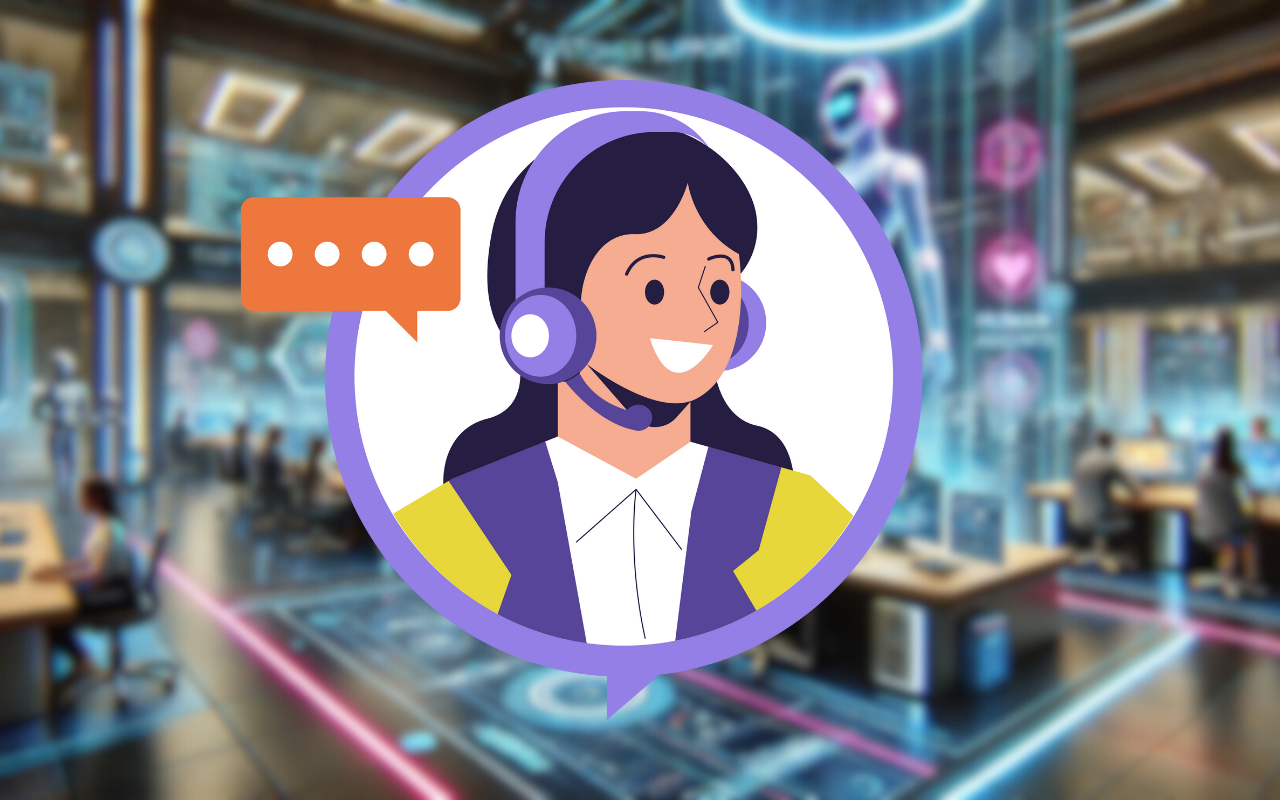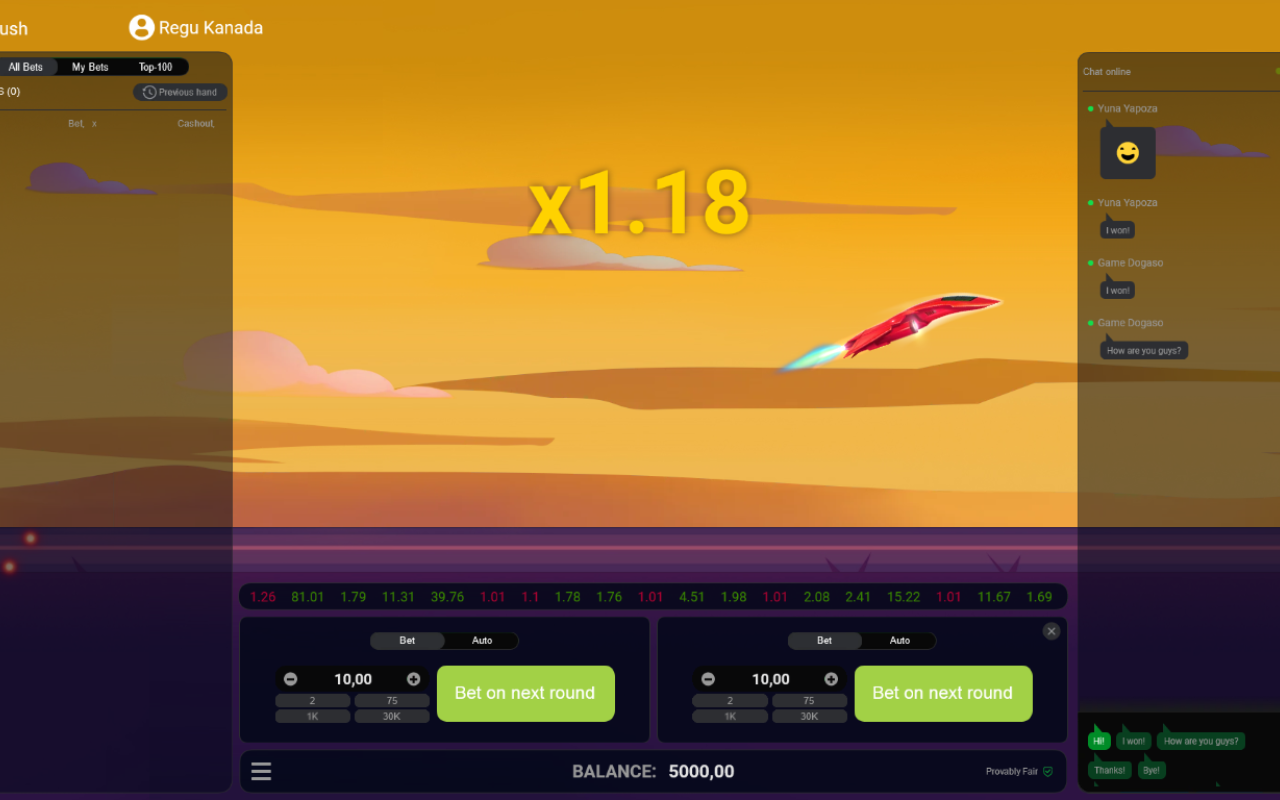Revolutionizing Player Retention through Bespoke Customer Support

Bespoke customer support represents the new frontier in enhancing player retention, according to Daisy White, the Head of Business Development at Rdentify.
Over the past few years, it’s become increasingly evident that exceptional customer experiences must be customized to suit each individual’s needs. The gaming industry, initially slower to adopt this approach, now proudly follows the lead of tech giants such as Netflix, TikTok, and Spotify by crafting personalized journeys for every user.
Players are now presented with specific games or betting markets that align with their preferences. Bonus schemes are tailored to match their unique playstyle, and marketing efforts reach them on the platforms where they are most likely to engage.
Yet, there remains a notable area where many operators still adhere to a one-size-fits-all strategy: customer support.
Overlooked Support
Why has customer support been neglected in the sweeping trend towards personalization?
Historically, customer support has often been perceived merely as a cost center—a necessary but uninspiring element of business operations, a box to tick off.
This perspective overlooks a crucial point. In a landscape where player retention is the cornerstone of profitability, customer support emerges as a pivotal differentiator, offering operators a strategic edge over their competitors.
I foresee that delivering exceptional support will become one of the most intensely contested arenas by 2025. However, this requires a fundamental shift in how we perceive support.
It is disheartening to acknowledge that many operators still manage their support reactively: a player encounters a problem, contacts support, and receives a response.
We all recognize that this approach falls short, yet many are unsure how to transition to a more comprehensive model.
Let me illustrate what exemplary support could look like in 2025. There are two critical areas to focus on:
- Anticipate pain points. When a player contacts support, it typically indicates a problem. The best customer experiences anticipate and resolve issues before they escalate.
- Leverage support interactions to gain deeper insights into your customers. Every interaction is an opportunity to learn about what users love about your product, what frustrates them, and whether they are considering leaving, as well as what might persuade them to stay.
Harnessing Technology
It’s important to acknowledge that traditional customer support models make achieving these goals challenging.
However, we are now in a position to leverage technology to significantly enhance support capabilities.
When most people consider using AI to improve support functions, they often envision fully automating the process. We propose an alternative path: using AI to enhance the capabilities of existing support teams to achieve superior outcomes.
By employing large language models (LLMs) to analyze millions of customer support interactions, you can gain a comprehensive understanding of how customers perceive your brand, enabling you to upskill your team and provide better support to all customers.
This approach can involve proactive prompts, allowing you to engage with customers before they encounter obstacles. It also facilitates delivering the personalized, bespoke support previously mentioned.
Imagine a scenario where support agents not only resolve issues but also guide players through experiences tailored to their preferences. If a player frequently bets on a specific sport, an agent equipped with AI insights could suggest upcoming events or promotions aligned with their interests, adding an extra layer of engagement.
Applying LLMs to the wealth of direct feedback obtained from support chats can help operators move beyond merely addressing complaints. It enables the identification of trends that can transform the business.
For instance, if players consistently point out confusing bonus terms in chats, the LLM can transform scattered sentiments into actionable insights before they escalate into larger issues.
An often-overlooked advantage of this approach is its potential to build greater trust. Players want to feel heard and valued, and they want to see their feedback effect change.
If your agents can demonstrate this depth of understanding and players witness positive changes, you can foster greater loyalty among customers.
Thus, the message for 2025 is clear: Smart, proactive, and personalized support is no longer optional. It is now a critical competitive advantage.










